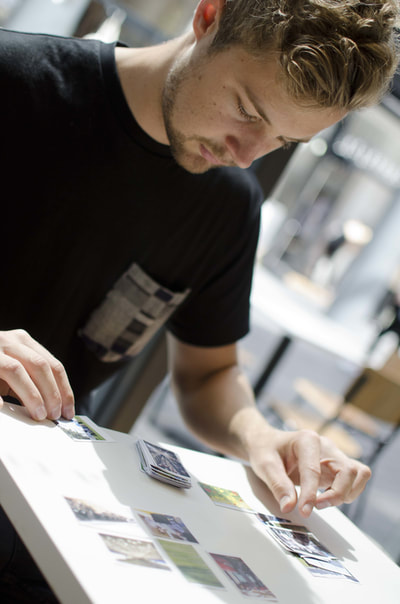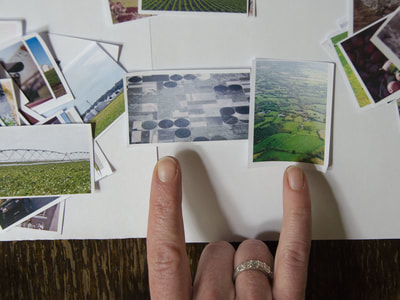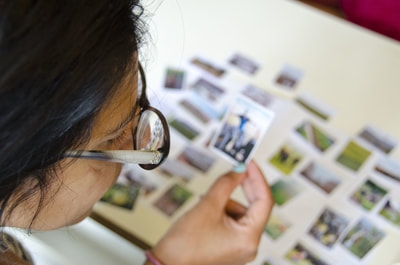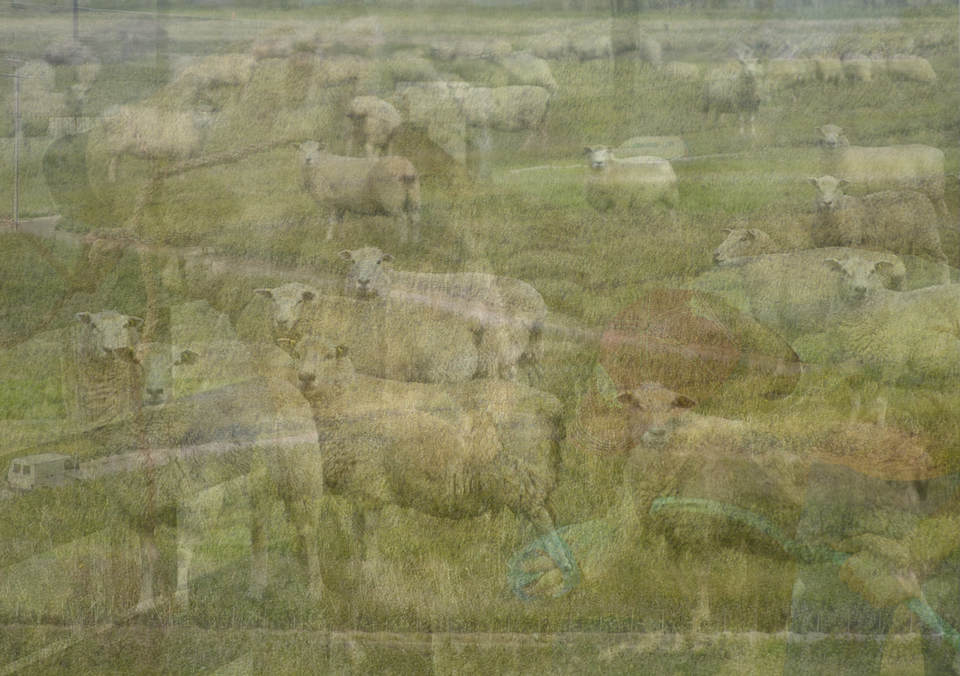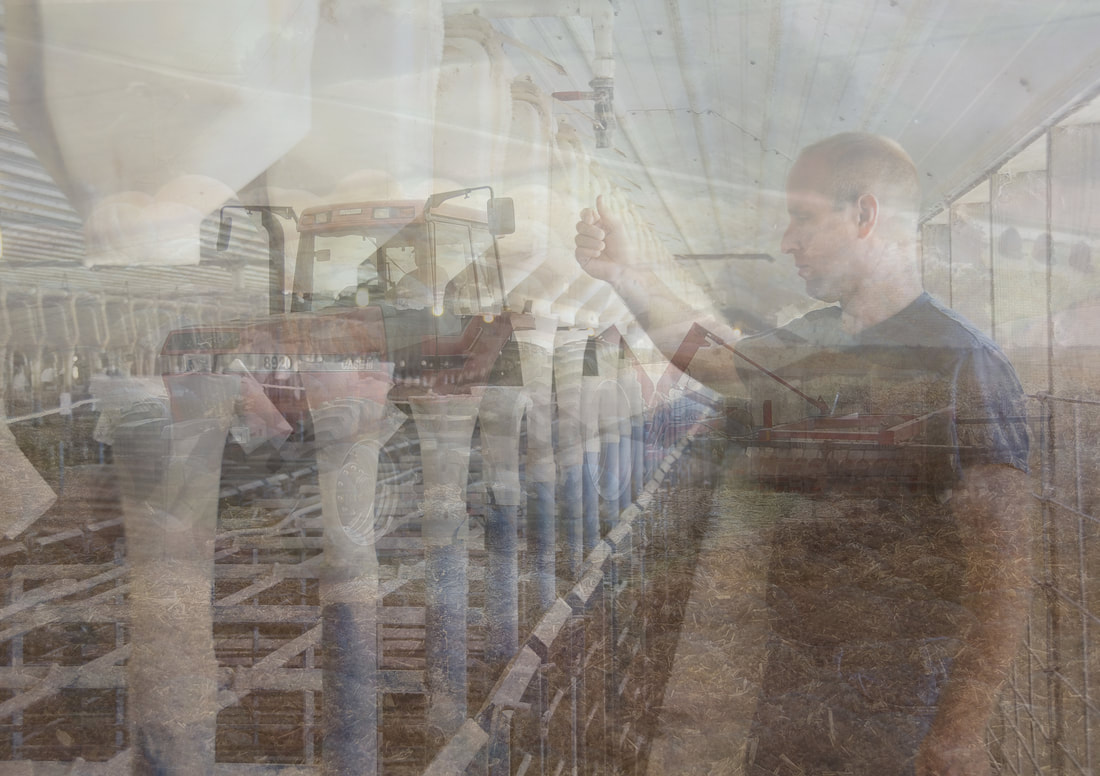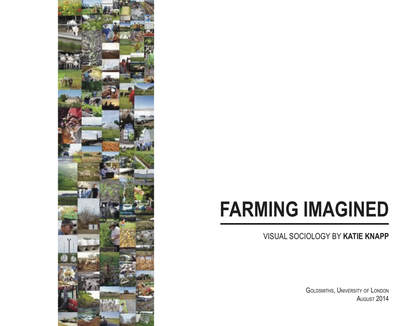Farming Imagined: Visual Sociology Research
I explored questions about food production knowledge through innovative, visual methods while earning my master's in visual sociology at Goldsmiths, University of London,. Below is a summary of my dissertation research.
|
What is Visual Sociology?
Sociology is about making visible what is invisible in the social world. Visual sociologists research through innovative, visual methods. In my case, that is photography. I believe images can expose information about society in ways words alone cannot. Images serve both as an access point and as a way to record. Research Goal My research is about public understanding and imagination of farming. I went about it differently than many in the agriculture industry recently have by not focusing on particular words used to describe food production. Instead, I focused on what is brought to mind visually. My approach accounts for the imprecise and changing meanings of (buzz)words, and digs into what people picture in their minds as ideal farming practices and how that compares to what they think is actually happening. Participants Twelve individuals participated in the study. Ten were non-farming consumers in London, and two were farmers in midwestern U.S. I chose participants who likely had heightened interest in the farming and food production discourse and whom I was already acquainted. It is important to note the study was small for several reasons. The primary reason was to test the method within a manageable scope. The study was also limited by time, funding and other physical resources. Methodology To understand what people imagine, I conducted photo-elicitation interviews using the photos compiled on the left. The participants sorted the images according to which matched their mental image and which did not. This process helped them explain their thinking easily because the photos reminded them of past experiences and enable uninhibited conversation about the topic. |

Analysis
The interviews I conducted confirmed no two people picture farming the same, but also nobody has
a crystal clear mental image either. Instead, people tend to visualize hazy yet complex concepts.
I summarized the interview data visually into the images below. At first glance, the results are not surprising at all. There is stark contrast between what consumers (left) imagine farming to be and how farmers (right) picture it.
The interviews I conducted confirmed no two people picture farming the same, but also nobody has
a crystal clear mental image either. Instead, people tend to visualize hazy yet complex concepts.
I summarized the interview data visually into the images below. At first glance, the results are not surprising at all. There is stark contrast between what consumers (left) imagine farming to be and how farmers (right) picture it.
Patterns in the data became quite apparent after creating these composite images. The results confirm the public believes food should be produced in 'natural' and 'green' ways where the farmer exhibits affection. The farmers, however, focused on progress, efficiency and productivity.
Success?
Although the sample size was small, this study uncovered insights I had not read or heard from other, more traditional studies. My participants drew a hard line between what they viewed as an ideal representation of farming and not based on their view on profitability. This raised questions to further explore such as: Who is allowed to profit along the food chain? And, what is the motivation for efficient production?
Download the complete research booklet below.


